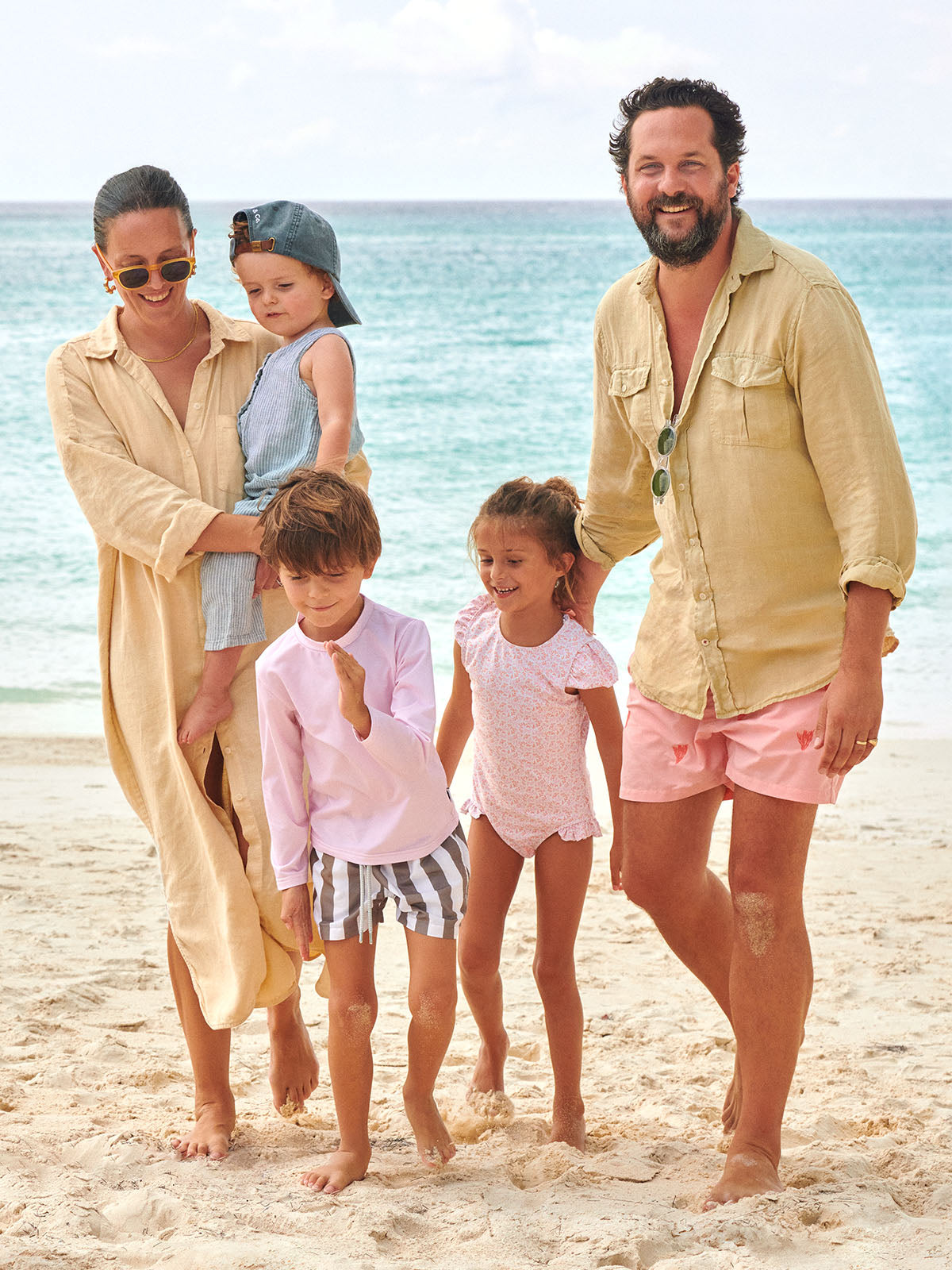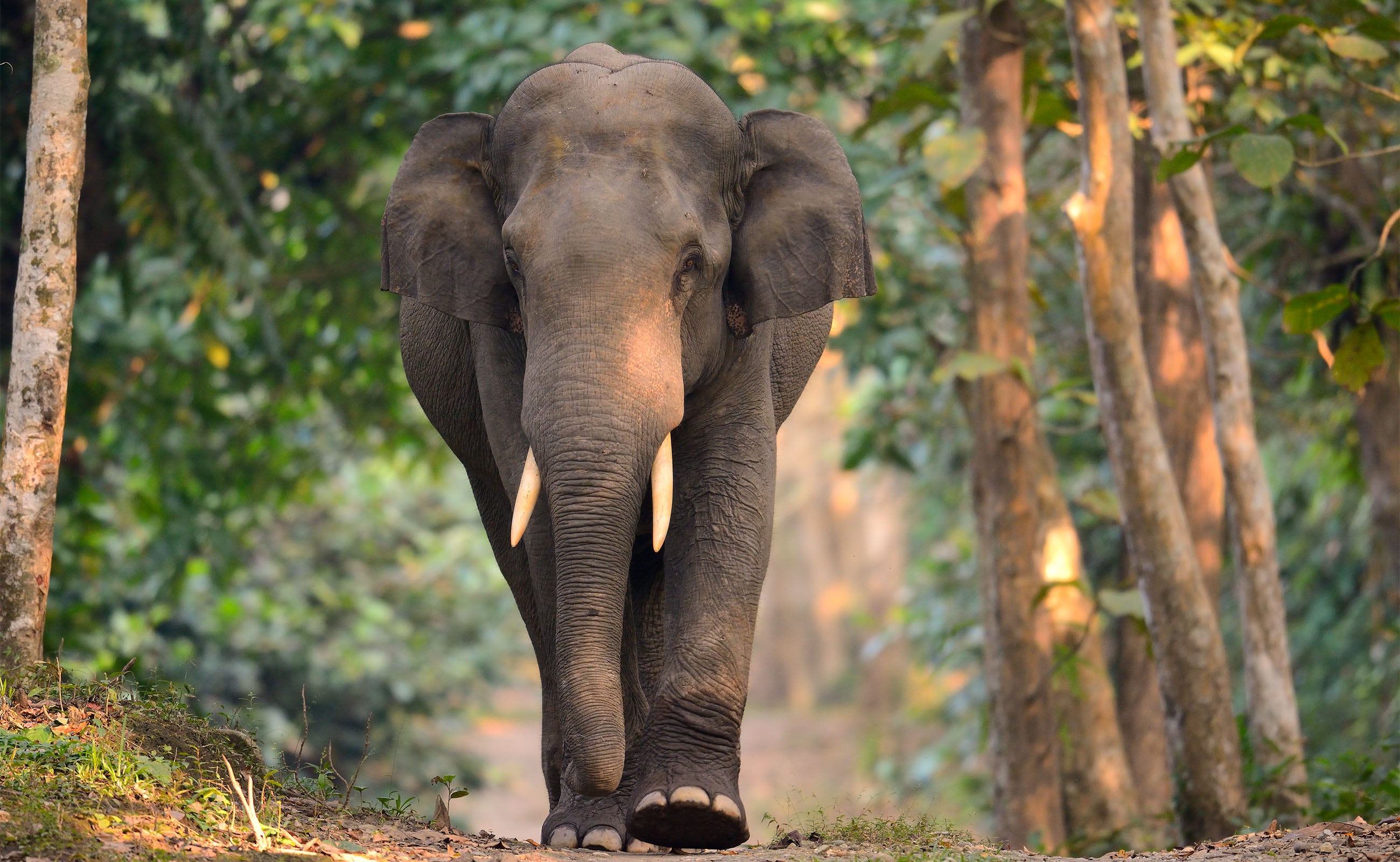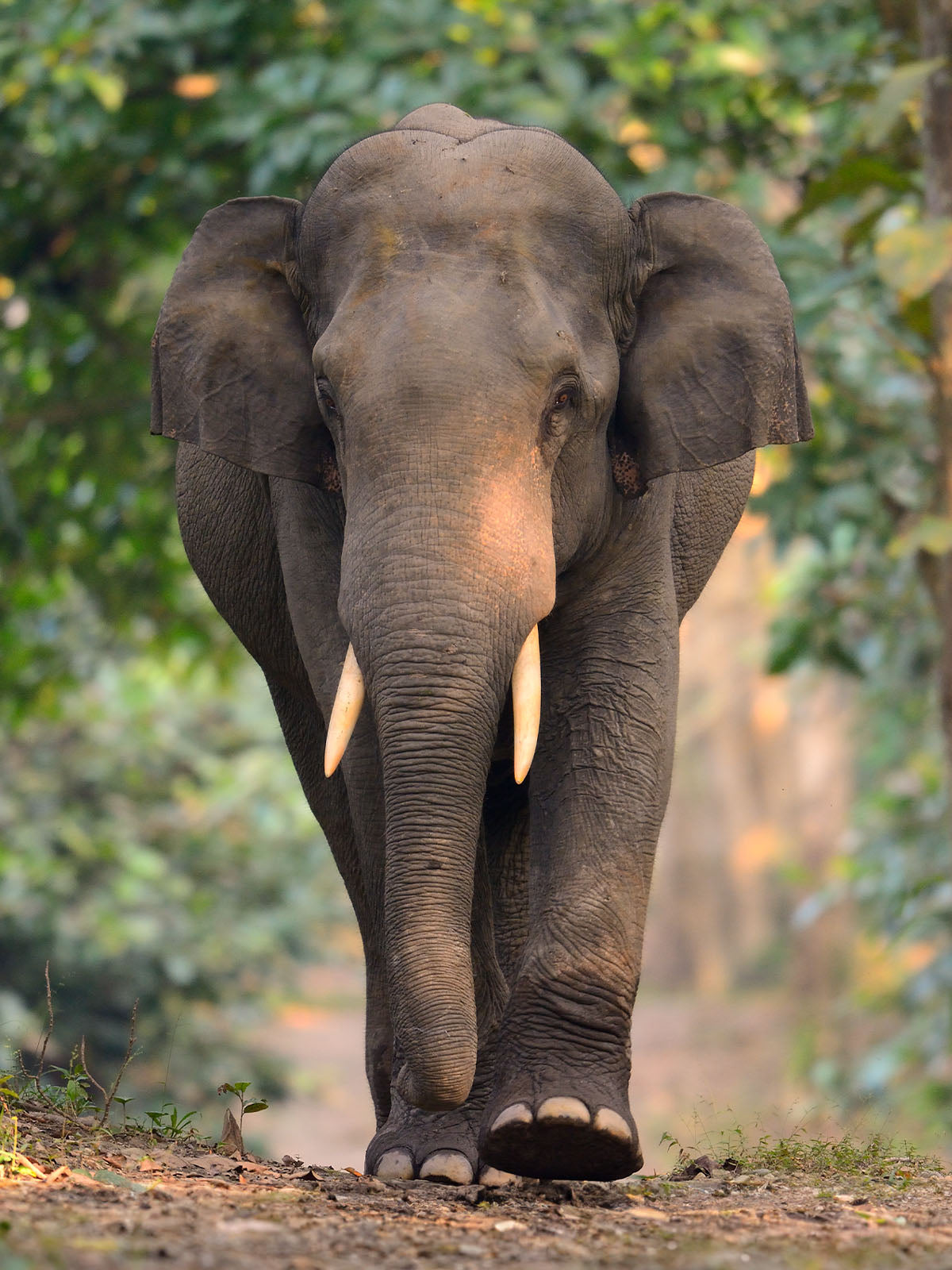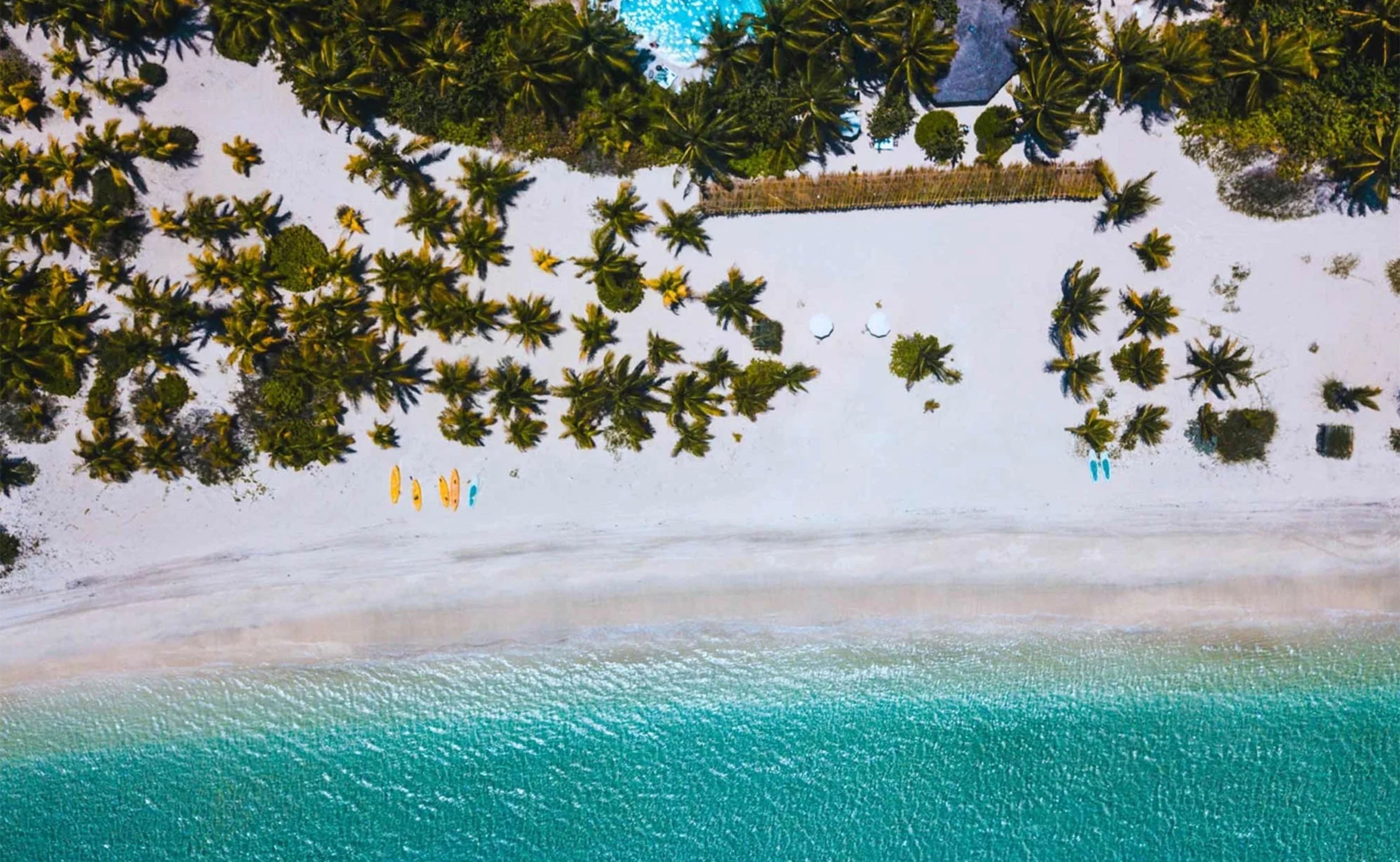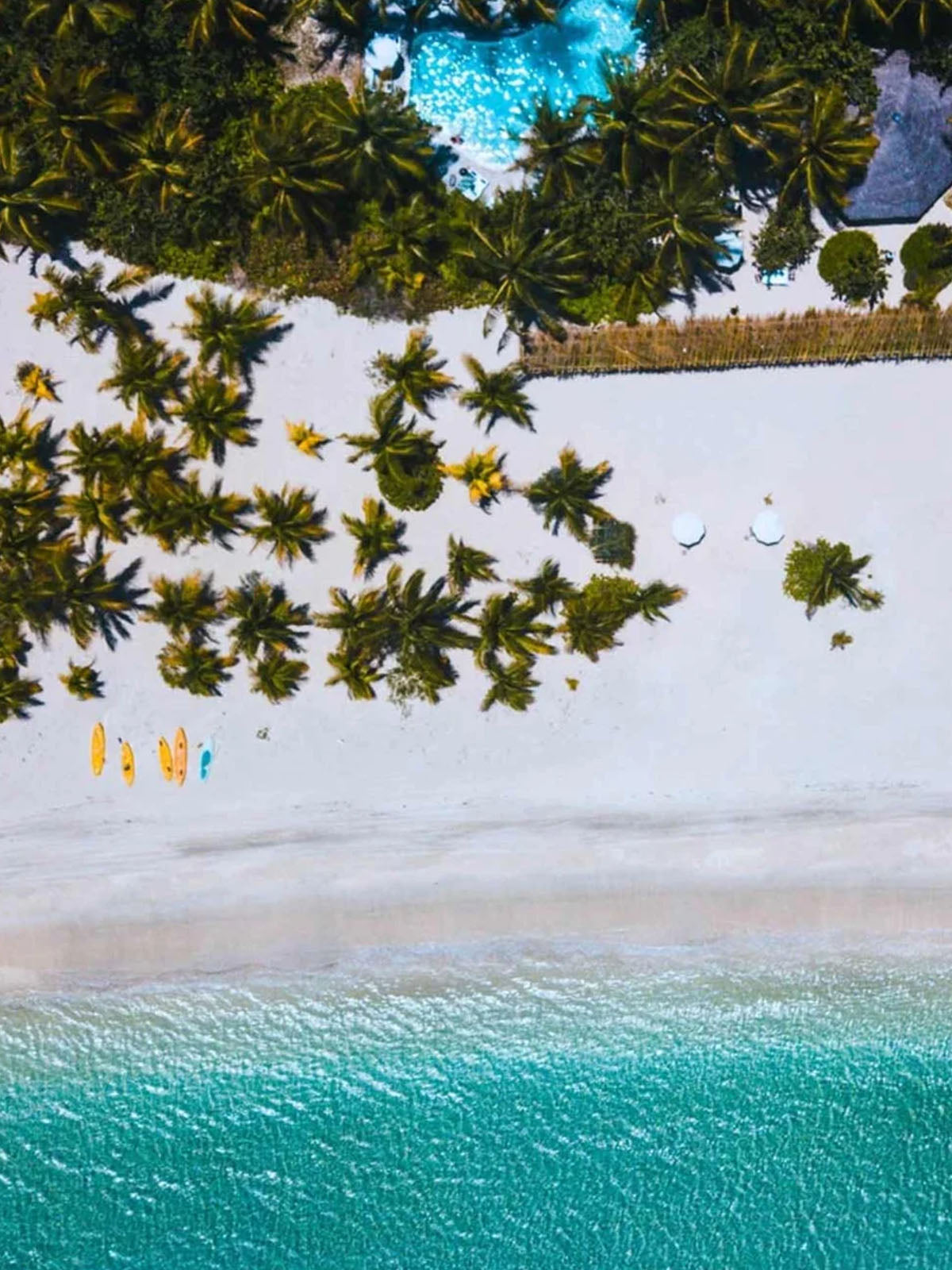Sea Turtle populations have suffered worldwide decline and their recovery depends on the way we manage the impact of expanding human activities encroaching their natural habitat. One of these negative impacts is, perhaps surprisingly, artificial light, which is detrimental to sea turtles. Research shows light pollution from coastal developments is a serious problem for nesting sea turtles and their sea turtle hatchlings. Hatchlings use visual clues to find their way to the ocean after hatching. But if the artificial light from our street lights, cars and buildings are stronger than the natural light, hatchlings become disoriented.
We are delighted to raise awareness for the Barbados Environmental Conservation Trust and the work of The Barbados Sea Turtle Project nesting beach monitoring programme, which is highly regarded as one of the longest running critically endangered Hawksbill turtle conservation programmes in the world. Simply making people more aware about light pollution and sea turtles is a fundamental step towards everyone seeing the light and helping efforts to darken beaches for sea turtles during nesting season.

